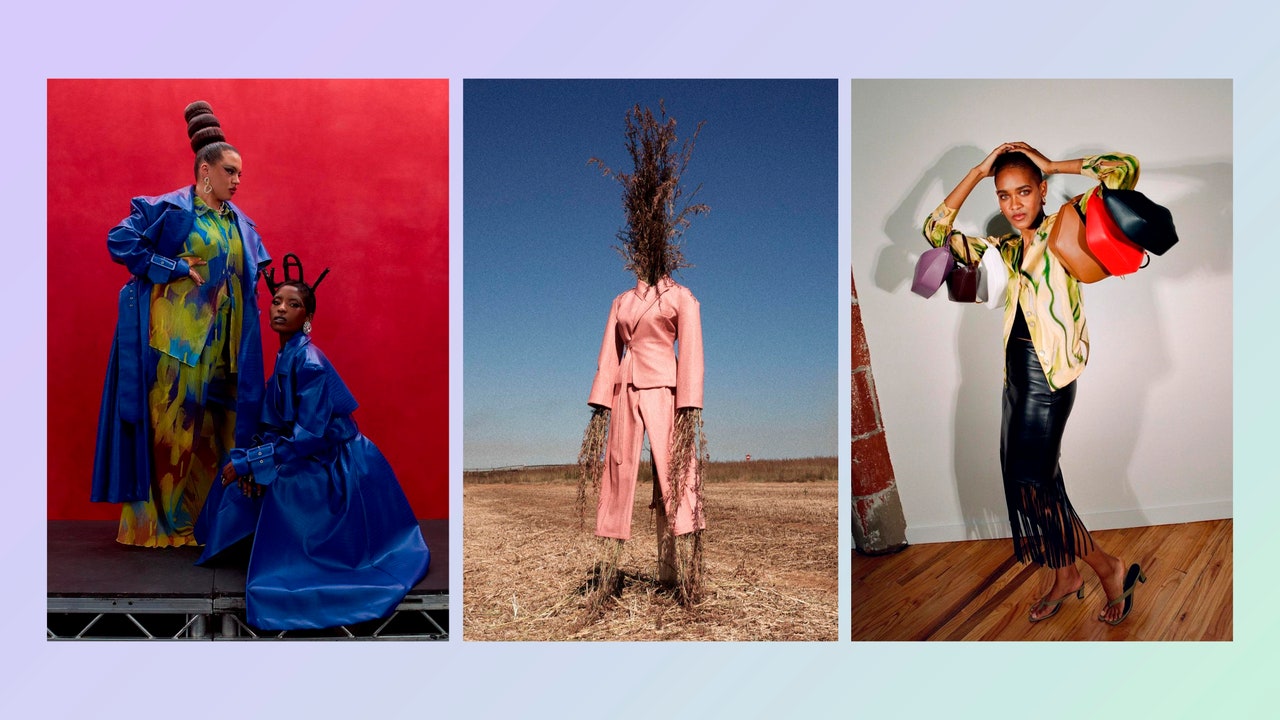[ad_1]
Black Owned Businesses: You should definitely know these 27 fashion labels
In our capital-driven world, we not only make decisions based on our viewing habits or the widespread word-of-mouth principle, but above all on our purchasing power. It is probably the most powerful instrument that each of us is entitled to: With our purchasing power, structures can be broken up or strengthened in a targeted manner. The pandemic in particular has made it even more clear how fragile this economic ecosystem is, especially for small companies or brands from marginalized groups (including Black owned businesses count) is. Because not only the “glass ceiling” plays a decisive role here. A metaphor for the barriers that prevail in our society with regard to career and (economic) advancement opportunities.
Instagram content
This content can also be viewed on the site it originates from.
In order to break this up and thereby ensure diversity or diversity and equality in consumer society, there are various initiatives that focus specifically on founders who are under a certain marginalization.
One of them is the American non-profit organization “The Fifteen Percent Pledge”, which advocates ‘racial equity’ and equal economic opportunities. Initiator Aurora James (founder and designer of the accessory label Brother Vellies) and her colleagues are calling on large multi-brand stores and companies to allocate 15 percent of their retail space to black-owned businesses and thus bring about lasting changes for the future. But before we get closer to the topic, let’s briefly clarify some important terms.
What is ‘racial equity’ and why is it so important?
Racial equity describes our society’s process of eliminating racial inequalities and refers to the conscious and continuously performed change of practices, systems and structures. The aim is to achieve a measurable change in the lives of Black, Indigenous, People of Color (BIPOC). This is intended to promote (economic) advancement.
Above all due to the historical past of our Western world order, which is largely based on the oppression of others and still functions very one-sidedly in many respects, it is up to us to use our purchasing and decision-making power to become active. One possibility is, for example, to support Black Owned Businesses. And above all to ensure more visibility.
Black Owned Businesses and Black Founded Brands: That is the main difference
According to the definition of Aurora James and her organization, a company or label is then “Black Owned”, if at least the majority of the stock, partnership, membership or other ownership interests are held by Black persons becomes. The “Black” refers to all members of the BIPOC community.
In parallel, there is another term that is important to distinguish in the discourse: “Black Founded”. Because although a Black person founded and may still be in a leading position here, it is not a main owner or shareholder. This means that the profit (i.e. the money) does not benefit the black community, but a third (non-black) person benefits. So you should be aware of which of the two types of business you are dealing with beforehand if you want to make a difference with your purchase and support. Because as a consumer, you have power and responsibility that starts with deciding where to put your money. To give you a little help, we have put together a selection of Black Owned Businesses that you should definitely have on your shopping list!
Black Owned Businesses: 27 fashion labels to have on your radar
1. Black Owned Business: Daily Paper
Instagram content
This content can also be viewed on the site it originates from.
[ad_2]
